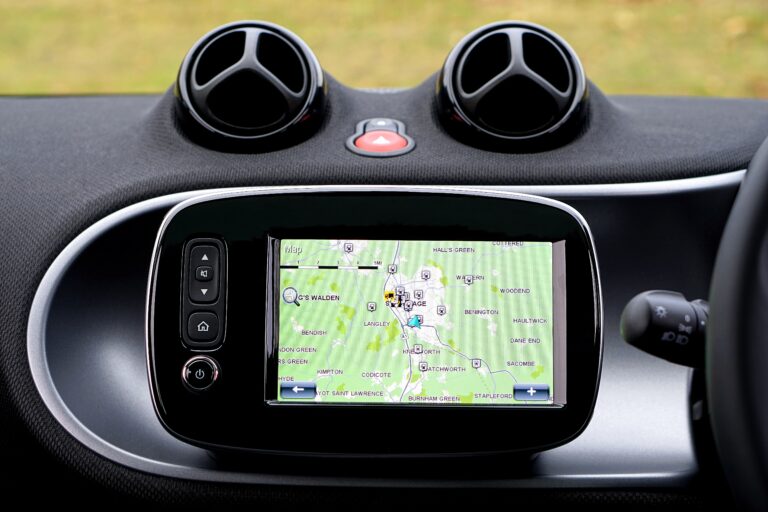
Are you ready to take your life to the next level? Personal development is all about becoming the best version of yourself, and it’s a journey that can lead to a happier, more fulfilling life. Whether you’re looking to improve your relationships, advance your career, or simply feel better about yourself, personal development is the key to unlocking your full potential. In this blog, we’ll share some tips and tricks for self-improvement that can help you along your personal development journey. So, let’s get started!
Personal development is the process of improving oneself through intentional actions and self-reflection. It involves identifying areas of your life that need improvement and taking steps to grow and develop in those areas. Personal development can help you reach your full potential, build self-confidence, and lead a happier, more fulfilling life. Here are some tips and tricks for self-improvement that can help you along your personal development journey.
Personal Development Tips
Set Goals and Create a Plan
One of the first steps in personal development is to identify your goals and create a plan to achieve them. Setting goals helps you to focus your efforts and stay motivated. Whether your goal is to start a business, learn a new skill, or improve your relationships, creating a plan with actionable steps can help you get there. Setting goals and creating a plan can be an effective way to achieve success in any area of life. Here are some steps to help you set goals and create a plan.
The first step in setting goals is to clearly define what you want to achieve. Write down your goals and make them specific, measurable, achievable, relevant, and time-bound (SMART). Identify which goals are most important and which ones can be accomplished later. Focus on the goals that will have the biggest impact on your life. Once you have defined your goals, break them down into smaller, more manageable steps. This will make it easier to create a plan and track your progress. Develop a plan of action for achieving your goals. Determine what steps you need to take, the resources you will need, and the timeline for completing each step.
Setting deadlines for each step of your plan will help keep you accountable and on track. Be realistic with your deadlines and make adjustments as necessary. Regularly track your progress towards your goals. This will help you stay motivated and make adjustments to your plan as needed.
When you achieve your goals, take the time to celebrate your success. Reward yourself for your hard work and use your accomplishments as motivation for future goals. Remember, setting goals and creating a plan takes time and effort. Stay focused and committed to your goals, and you will be more likely to achieve success.
Practice Self-Care
Self-care is an essential aspect of personal development. Taking care of your physical, mental, and emotional health can help you to feel more balanced and centred. Some examples of self-care practices include getting enough sleep, eating a healthy diet, exercising regularly, and taking time for relaxation and stress relief.
Cultivate Positive Habits
Our habits have a significant impact on our lives. Cultivating positive habits can help us to achieve our goals and improve our overall well-being. Examples of positive habits include meditation, journaling, regular exercise, and practising gratitude.
Learn from Failures and Setbacks
Failure and setbacks are a natural part of life. Rather than letting them discourage you, use them as opportunities for growth and learning. Reflect on what went wrong and identify what you can do differently in the future.
Embrace Change
Change is an inevitable part of life, and embracing it can help you to grow and develop as a person. Rather than resisting change, try to approach it with an open mind and a willingness to learn and adapt.
Seek Feedback and Support
Personal development can be challenging, and it’s essential to seek feedback and support along the way. Reach out to friends, family, or a mentor for guidance and encouragement. Consider joining a support group or seeking professional help if you’re struggling with mental health issues.
Learn New Skills
Learning new skills is an excellent way to improve yourself and increase your confidence. Whether it’s taking a class, reading a book, or watching online tutorials, there are many resources available to help you learn new things. Identify skills that interest you or that could benefit you in your personal or professional life, and make a plan to learn them.
Practice Mindfulness
Mindfulness is the practice of being fully present at the moment and aware of your thoughts and feelings without judgment. Practising mindfulness can help reduce stress and anxiety and improve your overall well-being. Consider incorporating mindfulness practices such as meditation, deep breathing, or yoga into your daily routine.
Step Outside of Your Comfort Zone
Stepping outside of your comfort zone can be scary but can also be incredibly rewarding. Trying new things, taking risks, and facing your fears can help you grow and learn more about yourself. Challenge yourself to do something that scares you, whether it’s speaking in public, taking on a new project at work, or trying a new hobby.
Focus on Gratitude
Gratitude is the practice of being thankful for the good things in your life. Focusing on gratitude can help you shift your perspective and improve your overall mood and well-being. Consider keeping a gratitude journal, where you write down three things you’re grateful for each day, or make a daily practice of expressing gratitude to someone in your life.
In conclusion, personal development is an ongoing process that requires intentional effort and self-reflection. By setting goals, practising self-care, cultivating positive habits, learning from failures, embracing change, and seeking feedback and support, you can grow and develop into the best version of yourself. Remember that personal development is a journey, not a destination, and enjoy the process of self-discovery and growth.



